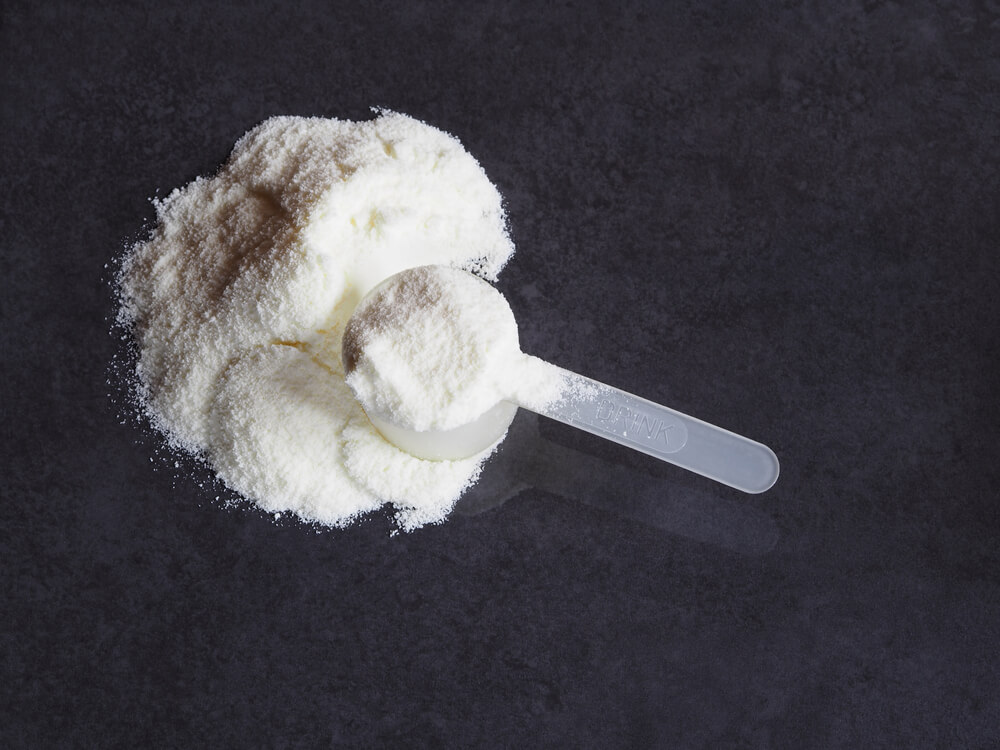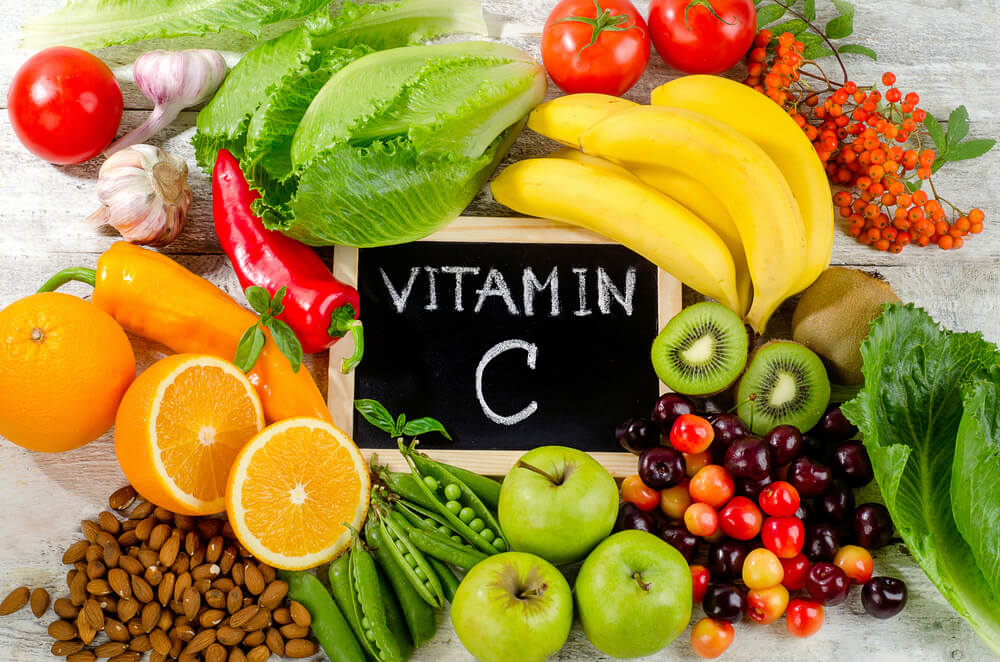Table of Contents
NSAIDs (nonsteroidal anti-inflammatory drugs) such as ibuprofen and celecoxib can help manage symptoms. Capsaicin creams, a compound found in peppers, are another option. However, they may not always be the best choice for everyone. Natural remedies for arthritis can be an excellent alternative to prescription medications. Here are several options for people suffering from arthritis. The following are proven effective:
Alternative treatments for arthritis
A variety of alternative treatments for arthritis are available, including TENS therapy and supplements. TENS uses electrical impulses to stimulate the nervous system, which can be an excellent alternative to drugs. Other supplements, such as Cat's claw, Omega-3 fatty acids and Gamma-Linolenic acid, contain substances with anti-inflammatory properties and are a great alternative to surgery. These supplements are a natural alternative to pain killers and steroids.
Before beginning any new treatment for arthritis, make sure you have all the information you need. Talk to your doctor about your plans and ask questions. Find out if the alternative treatment will interact with the existing medications you are taking. Do not stop taking your current medications unless your doctor advises you to do so. Other options are to speak to a pharmacist or contact your local Arthritis Office for more information. However, beware of relying on testimonials. It's best to contact professional associations to find accredited practitioners in your area.
If you think you're allergic to a certain type of food or substance, you should consult your doctor. Unlike allergies, RA isn't caused by specific foods or substances. Many other alternative treatments are safe and effective, so it is worth exploring all of your options. If you're still unsure about what to try, check out the randomized controlled trials. There's a lot of misinformation out there on these alternative remedies and how to choose the right one for your condition.
Glucosamine

Glucosamine is a naturally occurring substance found in the body and plays a key role in cartilage health. This important nutrient cushions joints and reduces pain. It is also known as “joint juice” and may help reduce the symptoms of osteoarthritis. Glucosamine is often taken as a dietary supplement in combination with chondroitin, which is found in the connective tissues of humans and animals.
While there's no scientific evidence to support glucosamine as a natural remedy for severe arthritis, it may be beneficial to elderly patients who have trouble walking or bending. NSAIDs and anti-inflammatory drugs are often not recommended for people who are elderly or have other health conditions. Glucosamine, especially in combination with chondroitin, is safe for older people. However, it may not work as well as the other prescription medications.
Arthritis is a common medical condition, affecting 50 million adults in the United States alone. One in five children and babies have rheumatic diseases. In fact, two-thirds of those with arthritis are under 65 years old. The symptoms of arthritis include joint pain, inflammation, stiffness, and decreased range of motion. Arthritis most commonly impacts the hips, fingers, and lower back.
It is important to remember that treating arthritis requires a holistic approach to your overall health. In addition to glucosamine, you can try other treatments such as exercise and diet. Many people swear by the home remedies for arthritis, such as meditating, drinking green smoothies, and getting plenty of sunshine. Also, you can try applying creams to the affected joint. These may help reduce pain and improve range of motion.
Capsaicin cream
Studies have found capsaicin to be an effective natural remedy for arthritis. It works to reduce the production of substance P in the body, which helps send pain signals to the brain. Capsaicin cream is safe to use and can help alleviate pain in many different parts of the body. The packaging of capsaicin creams states that it is odorless and suitable for all skin types. Apply a thin layer to the affected area and rub it in thoroughly. If possible, wear latex gloves when applying the cream.
Its active ingredient is capsaicin, which is found in chili peppers. When applied to the skin, capsaicin relieves pain by creating a tingling sensation. However, it is important to note that capsaicin creams may cause a mild burning sensation. While the sensation may be painful at first, it typically dissipates after several days of application. Do not apply the cream directly to the skin as it may cause irritation. Additionally, wash your hands thoroughly before touching your eyes. You should also consult your health care provider if you have any allergies to capsaicin cream.
Although capsaicin creams can be purchased over the counter, making your own is a better choice. Homemade versions are easy to make and contain no preservatives or chemicals. Some recipes contain more or less capsaicin than others. As with all homemade remedies, it's important to use gloves and eye protection. As the capsaicin in capsaicin cream is extremely hot, it can be potentially dangerous to touch the affected area.
Exercising

If you've recently been diagnosed with arthritis, your doctor may recommend a low-intensity, short-term exercise regimen. While exercise can help alleviate pain and reduce stiffness and inflammation, it should also be done cautiously. Because patients with arthritis have lower fitness levels and biomechanical abnormalities, over-exertion can increase pain, inflammation, and joint damage. Start with gentle, low-intensity exercises and alternate them with periods of rest.
As a natural arthritis remedy, regular exercise can help reduce pain and improve joint strength and flexibility. It can also relieve stress and depression. Regular exercise can also help maintain a healthy body weight. Exercise can be categorized into several categories, including aerobic exercises and strength training. However, you should avoid specialized exercises if you are inflamed. Your doctor will recommend range-of-motion exercises and other low-impact activities.
Physicians can encourage patients with arthritis to get more active by recommending a physical activity program tailored to their specific condition and level of mobility. Eighty percent of American adults consider their physician as their primary source of health information, and it's vital that they encourage patients to engage in regular physical activity, even if they are experiencing pain. Patients may misinterpret the relationship between physical activity and arthritis, thinking that any exercise will worsen their condition. Therefore, physicians should explore their patients' attitudes and beliefs about exercise and identify any obstacles that may prevent them from doing so.
Although many people with arthritis choose to exercise, they may not be able to do it because of the side effects of medication. A recent study suggested that losing a pound or two of body weight can alleviate their symptoms significantly. Some research has also shown that one pound of fat can reduce the amount of pressure on knee joints. While exercise is beneficial for joint health, there are other natural remedies that may work for you.
Cabbage leaves
One of the most overlooked ways to use cabbage leaves as a natural remedy for arthritis is in the form of a compress. The juice from cabbage leaves is packed with anthocyanins and glutamine, both of which have anti-inflammatory properties. The compress is applied to the affected area, and should be replaced every two to three days with fresh ingredients. However, there are some precautions to be aware of.
To use cabbage leaves as a compress, just wrap the inflamed joint with a cabbage leaf. This method works especially well on swollen joints and can be applied in the evenings. When applied to the affected area, the compress will help reduce pain, thereby allowing you to move more freely. Savoy cabbages are especially good for this purpose. If you're unable to do this, you can use a bandage instead of a cloth.
Ginger has a number of medicinal benefits, including the ability to shut down the inflammation process and reduce swelling. In fact, research has shown that ginger can decrease inflammation and reduce swelling in rats and test tubes. However, there is no evidence that ginger helps limber stiff joints. It's best to consult with your primary care provider before using any of these natural remedies for arthritis. If you're concerned about consuming too many of these foods, you should consult your doctor for guidance.
Vitamin C

Many people turn to Vitamin C as a natural remedy for arthritis. Research suggests that those who get less than 40 milligrams of Vitamin C each day are at risk for developing inflammatory arthritis. The recommended dietary allowance (RDA) for men is 90 milligrams, and 75 milligrams for women. This vitamin and other antioxidants may also help prevent some forms of arthritis. Antioxidants help fight off free radicals, the molecules responsible for cell damage.
Other sources of Vitamin C include the green-lipped mussel, which grows in New Zealand's waters. These shellfish are high in Omega-3 fatty acids and may ease joint pain and inflammation. Another alternative is Apple cider vinegar, which is rich in polyphenols, anthocyanins, and other nutrients. It may help people sleep better and may have some side effects. If you're prone to nighttime nightmares or vivid dreams, you might try consuming a capsule containing Melatonin.
In 2004, researchers at Duke University found a connection between Vitamin C and arthritis. High levels of Vitamin C were linked with an increased risk for bone spurs and joint damage. This further explains why an adequate intake of vitamin C is essential for healthy joints and bones. Vitamin C deficiency is also a contributing factor to arthritis. Those who are at risk of developing arthritis should make sure they maintain a healthy balance between Vitamin C and other antioxidants.




Comments
Loading…